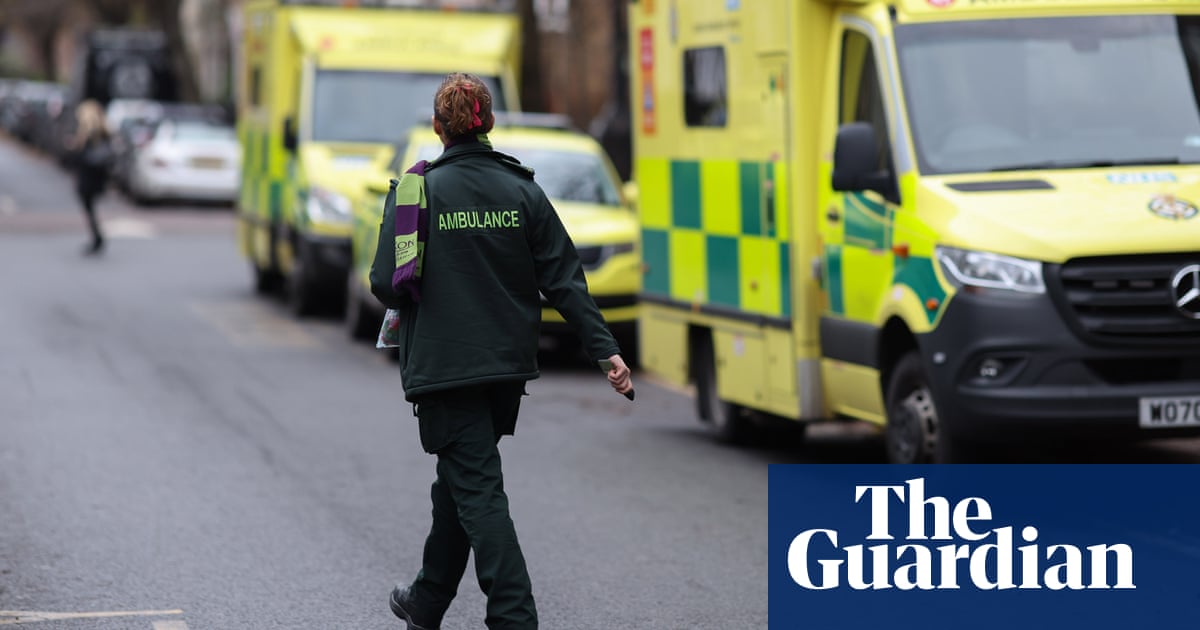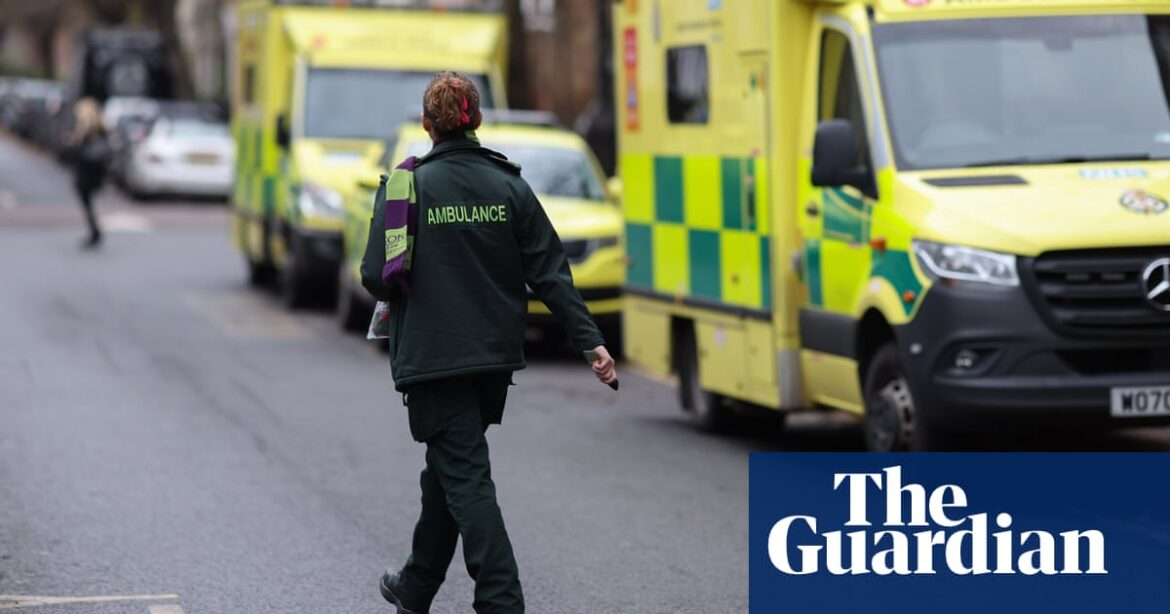
In the 2023 annual survey of the health service, over 58,000 NHS employees disclosed instances of sexual assaults and harassment from patients, family members, and other members of the public.
In a groundbreaking move, the NHS employee survey in England inquired about experiences with unwelcome sexual conduct among individuals, which encompassed disrespectful or unacceptable sexual remarks, physical contact, and assault.
Last year, out of 675,140 NHS employees who responded, over 84,000 reported instances of sexual assault and harassment by members of the public and fellow staff members.
In the year 2023, approximately 1 out of 12 people (or 58,534 individuals) reported experiencing at least one instance of unwanted sexual behavior from patients, patients’ relatives, or other members of the public.
Approximately 26,000 employees, making up 3.8% of the total staff, stated that they have experienced sexual harassment from their coworkers.
The percentage of ambulance workers who experienced sexual harassment from the public was over 27%, while just over 9% reported harassment from colleagues.
The public’s unwanted sexual behavior was reported at a high rate by nursing and healthcare assistants (17%), followed by nurses and midwives (11%).
Last year, the survey revealed that a significant number of healthcare professionals faced discrimination, such as racism, sexism, homophobia, and ableism, from both patients and coworkers.
In the past year, over 57,000 employees (8.5%) reported being discriminated against by patients or the general public, an increase from 7.2% in 2019.
During the same time frame, there was a comparable increase in reports of discriminatory behavior by employees. Approximately 61,000 respondents (9%) stated that they had experienced discrimination from their managers, team leaders, or coworkers.
Approximately 50% of the entire NHS staff participated in the survey, which also revealed minimal progress in instances of harassment, bullying, or mistreatment from the public within the last year. A total of 174,000 employees (25.8%) reported encountering at least one of these incidents.
The survey did not include any information about the amount of physical violence that staff has experienced. This was due to a problem with the reliability of the data.
The study showed slight advancements in burnout rates, with only 30% of respondents stating feelings of burnout compared to 34% in 2022. The percentage of employees who described their work as “emotionally draining” also decreased from 37% in 2022 to 34% in this survey.
Patricia Marquis, director for England at the Royal College of Nursing, expressed her concern over the alarming prevalence of racist, sexual, and other forms of discriminatory abuse towards nursing staff in the workplace. She called it a disgrace that this behavior has become normal for many individuals. However, she also noted that this may only be a small part of the problem, as there is currently no data on the extent of physical violence experienced by staff. Marquis emphasized on the repeated attacks that NHS workers face at work and highlighted the lack of available data, raising deep concerns.
Vivien Lees, the vice president of the Royal College of Surgeons in England and the head of addressing sexual misconduct, stated that past studies revealed that 2/3 of female surgeons and 1/4 of male surgeons experienced sexual harassment from their coworkers.
According to Dr. Becky Cox from the organization Surviving in Scrubs, which advocates against staff-to-staff sexual harassment in the National Health Service, the findings indicate that employees do not feel secure or at ease in reporting instances of harassment from their colleagues, even when done anonymously.
The CEO of the King’s Fund, Sarah Woolnough, commented that while there have been some improvements, NHS employees are feeling unappreciated, overworked, and unhealthy.
In September, NHS England introduced their sexual safety charter. This charter promises to uphold a zero-tolerance policy towards any forms of unwanted sexual behavior in the workplace.
According to Dr Navina Evans, the top officer for workforce, training, and education at NHS England, it is concerning that over 58,000 NHS employees reported instances of unwanted sexual behavior from the public in the past year. This type of behavior should not be accepted within the NHS.
Source: theguardian.com



